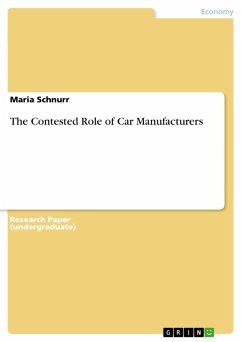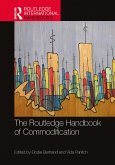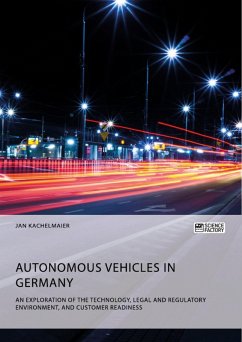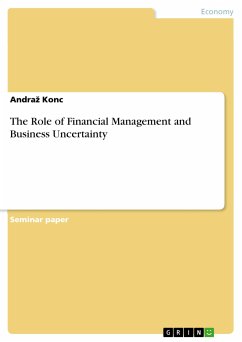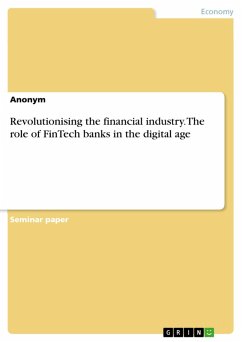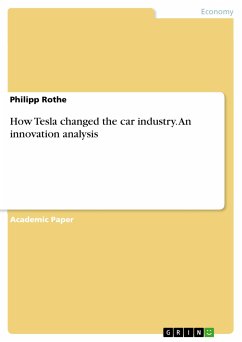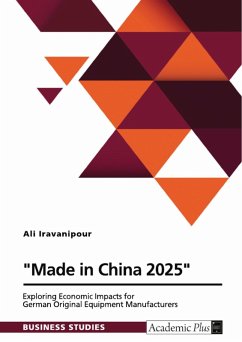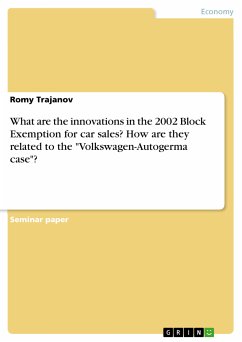Research Paper (undergraduate) from the year 2008 in the subject Economics - Industrial Economics, , language: English, abstract: Unsustainable urban transport is often linked to rising car ownership, pollution by cars, congestion by cars etc. Due to the imperative of corporate social responsibility the car industry can no longer ignore this scapegoat role. In order to keep market shares high it increasingly feels urged to contribute actively to a more sustainable urban transport in the future. Strategically, car manufacturers have two options to be better prepared for fast-moving urban environments: (a) anticipating external developments and trends in order to adjust corporate strategies (corporate foresight) and (b) participating in policy making and market transformation in order to reach corporate objectives: Shaping the environment a company lives in, i. e. participating in urban policy making and agenda setting. While the first option aims at increasing economic objectives, i.e. preparing for changing market conditions, the latter can help achieve corporate responsibility objectives if based on sustainable development principles. Drawing on selected examples of anticipating and participating activities by the automotive industry regarding urban mobility and their respective opportunities and limits, this paper will explore how these activities, if based on sustainable development principles, can contribute to the long-term success of urban transport projects - besides strengthening a company's market performance. Aspects like seamless mobility, mobility service provision, accessibility, and public and non-motorized mobility will play major roles in achieving these objectives.
Dieser Download kann aus rechtlichen Gründen nur mit Rechnungsadresse in A, B, BG, CY, CZ, D, DK, EW, E, FIN, F, GR, HR, H, IRL, I, LT, L, LR, M, NL, PL, P, R, S, SLO, SK ausgeliefert werden.

